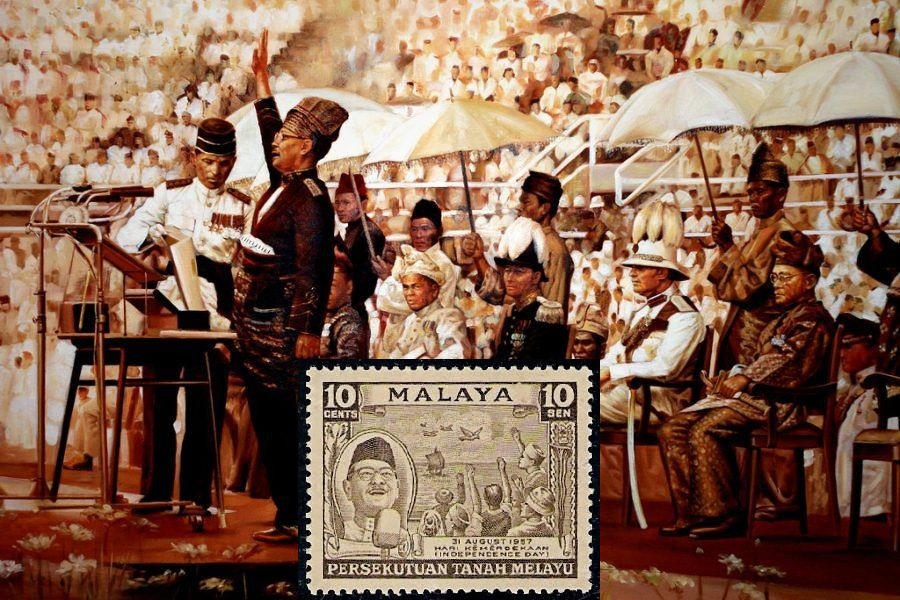By Doreenn Leong
INDUSTRY players and analysts are positive on the recent greenlight given for the tie-up between Malaysia Airlines Bhd (MAB) and Japan Airlines Co Ltd (JAL) as this will help to boost the airlines’ revenues.
This is another collaboration by the beleaguered national carrier in recent months. It had on Oct 30 finalised an agreement with Singapore Airlines to share revenue on flights between Singapore and Malaysia and expand codeshare routes.
And on Nov 29, MAB and Turkish Airlines announced a code-sharing partnership that enables both carriers to tap into new markets and offer their passengers more travel options.
“This relationship (with JAL) is similar to the one inked with Singapore Airlines. Both JAL and MAB will enjoy more dominance of routes between the two countries. The two carriers will also be able to ensure fares are advantageous to both companies,” founder of aviation consultancy Endau Analytics Shukor Yusof tells FocusM.
MAB and JAL had on Dec 19 announced that they have received approval from Malaysian and Japanese authorities to cooperate in a wider scope, such as exchanging best practices, exploring collaboration in other operational areas like cargo and jointly developing tourism in the two markets.
Since 2012, the two airlines have been offering codeshare flight operations between Japan and Malaysia under the oneworld alliance.
MAB and JAL said the Malaysian Aviation Commission has granted an individual exemption, while Japan`s Ministry of Land, Infrastructure, Transport and Tourism has granted an antitrust immunity for the JV.
“The agreement for joint business will allow the two carriers to cooperate commercially on flights between Malaysia and Japan and aims to deliver customers with more benefits by providing additional flight choices, a larger network, better connections and an enhanced frequent flyer programme,” they said in a joint statement.
JAL president Yuji Akasaka said the two airlines anticipate launching the joint business relationship in 2020 to coincide with the Tokyo Olympics.
In May, MAB had signed a memorandum of understanding with JAL to pursue the joint business agreement.
Currently, MAB operates a 12 times weekly service and JAL operates a 7 times weekly service, representing a total of 19 weekly flights between Kuala Lumpur to Tokyo. MAB also operates a daily service from Kuala Lumpur to Osaka and a twice weekly service from Kota Kinabalu to Tokyo.
As for the SIA and MAB tie-up, it will be a wide-ranging agreement – subject to regulatory approvals. Both airlines had signed a memorandum of understanding in June.
Under the deal, SIA and MAS plan to operate flights between Singapore and Malaysia under a joint business arrangement; which includes SIA’s subsidiaries SilkAir and Scoot, as well as Firefly, the sister airline of MAS.
This will see the carriers coordinate flight schedules, offer joint fare products, align corporate programmes, explore tie-ups between their frequent-flyer programmes and share revenue on such flights.
In addition, SIA and MAS also plan to work on joint marketing activities to boost long-haul tourism to Malaysia and Singapore, including the potential development of airpasses.
The airpasses will enable customers travelling to Malaysia through the Kuala Lumpur and Singapore hubs more choices to visit other parts of the country such as Kuantan, Kuching and Kota Kinabalu on a single ticket, the airlines said.









